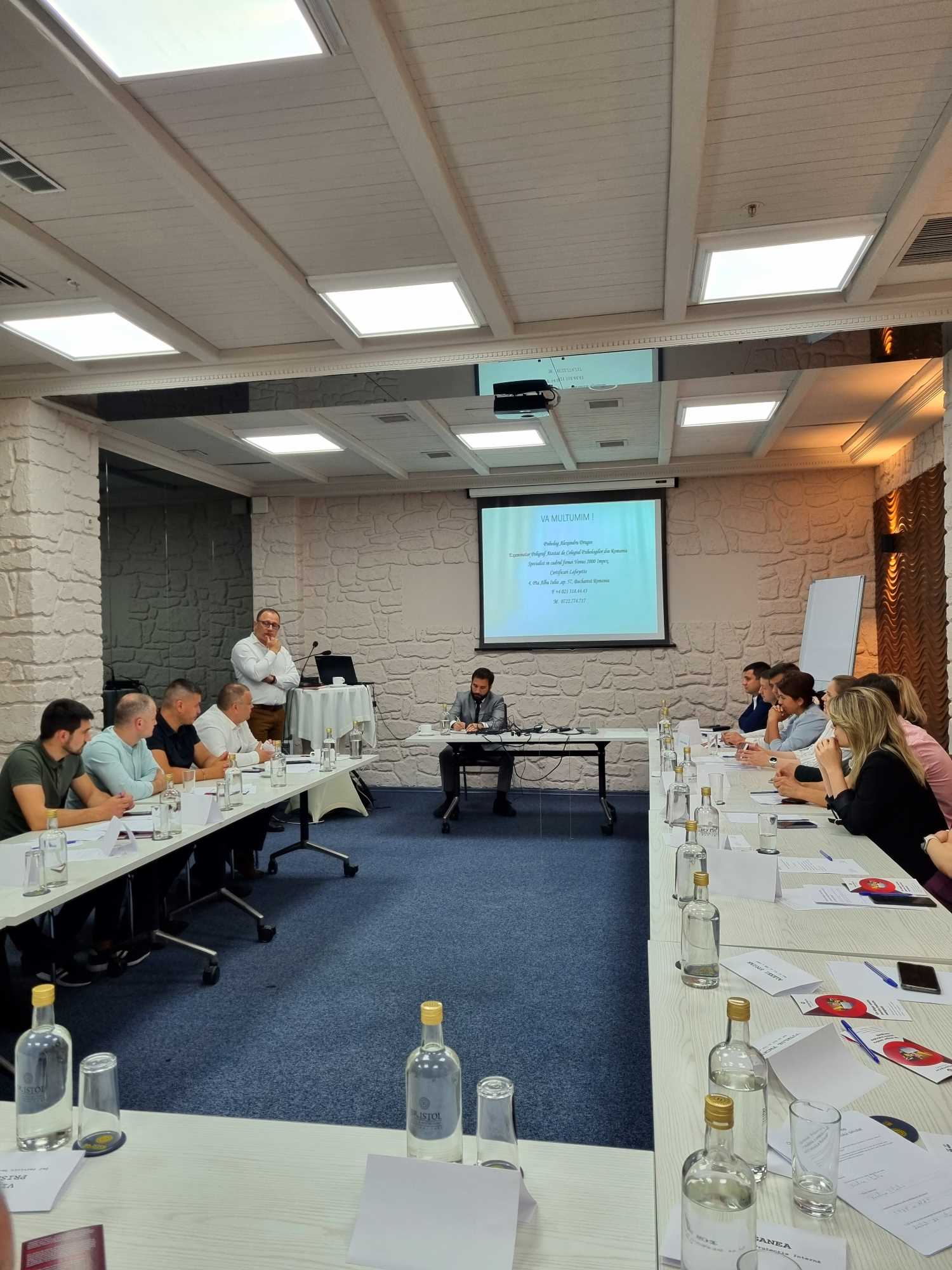It is important to keep critical thinking in the context of the vast amount of information that can be disseminated from anywhere in the world and is consumed daily by each of us, regardless of its veracity.
According to a study published by Forbes magazine, in 2020 the time consumed by various online networks will increase by:
- 48% for Social Media
- 47% for news portals and apps
- 47% for Streaming Services
- 45% for Television
- 39% for Video and phone games
Thus, we have decided to join the initiatives to promote accurate information in the media by creating a list of criteria that will allow a quick check of the veracity of the information.
- Source
The first thing to check when accessing a link is the source indicated in the left corner of the screen. When the source is an official one, the platform opts for a paid domain, so in most cases the link to an official source article looks like this: www.ziaruldegarda.md, www.reuters.com, www.jurnaltv.md
So, the web address contains an official name of a local or international press institution, without adding additional elements such as “info” or omitting letters in the name to mislead readers. Other trustworthy sources are those of state-owned institutions, so we recommend that you get your information from government-run pages that provide the information from the first source. (e.g. https://msmps. gov.md/)
In addition to this, when a statement of a person or a statistic is presented, regarding certain data, any official source provides the information about the year, the organization that conducted the study and arrived at the statistics presented, and in the case of statements, the day of the press briefing or other event when the statements were made.
When quoting a statement or offering some data purporting to be official without indicating the source, it is most likely a fake.
- Don’t just read the headline
We frequently read just the headline and lead of a news story in a hurry and are left with wrong conclusions because the headline was designed to misinform in order to attract more people to the website, and there is absolutely other information presented there, which is not at all inciting or shocking, while the headline “SHOCK: See what statement…” is meant to convince you otherwise.
- Search author
The press normally indicates the author and the person’s status in the institution when they publish a story, so we recommend checking the credibility of the author of a story before jumping to conclusions.
- Check the date
Some portals distribute old information and videos/photos in a new context, pretending to be current, in order to misinform and mislead the public. Make sure the information is current and relevant.
- Do not be biased
Consider whether your own beliefs and biases may influence your perception. Here we are talking in particular about news that targets political, religious, ethnic, gender or sexual orientation views. We must be careful that our own views do not negatively influence our judgment and critical thinking.
We are sure that correct information can greatly improve your quality of life in the context of recent alarming events. We therefore ask you to make sure that the information you consume is accurate.








